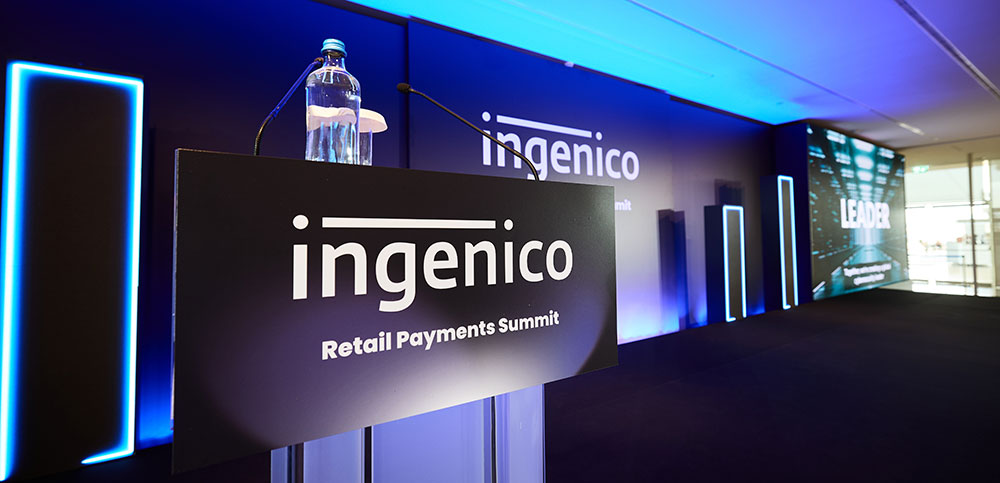By 2035, the banks winning market share won’t be the loudest—they’ll be the least visible. As financial services dissolve into ecosystems and embed themselves in real-time moments — at checkout, in transit, on command — the battleground shifts from brand to relevance. This session explores the future of contextual banking, where trust is earned in milliseconds, value is delivered silently, and success is measured by how effortlessly you disappear. When loyalty is built on presence, not promotion — can your bank afford to stand out?
The walls are down. The future of banking won’t be built alone — it will be co-created across ecosystems. As tech giants, fintechs, utilities, and mobility players converge, finance is being re-engineered as shared infrastructure: always-on, API-first, and embedded everywhere. Banks are no longer the center — they’re the connectors. In this session, we’ll decode the shift to platform-based value creation, open-data alliances, and identity-led services that transcend industries. In 2035, the winners won’t own the customer — they’ll orchestrate the ecosystem.
Today’s customers don’t just want a bank—they want a stand. Values now drive loyalty, and trust is the new currency. This session dives into the seismic shift redefining the industry: where ESG is strategy, data stewardship is a moral obligation, and social impact is a growth engine. The future belongs to banks that lead with purpose — guardians of identity, champions of consent, and partners in both personal and planetary wellbeing. In a world on fire, neutrality is risk. The question isn’t whether your bank has a soul — it’s whether you’re bold enough to show it.




From SoftPOS and instant transfers to AI-driven payments, open banking, and embedded finance, the program explores what’s next for merchants, PSPs, acquirers & banks in creating seamless, secure, and scalable payment experiences.
Sessions will highlight operational resilience, fraud prevention, regulatory compliance, and predictive intelligence, while keynote speakers and panels will provide practical playbooks on boosting approval rates, reducing charge-backs, and building trust at the point of transaction.
With real-world benchmarks, case studies, and forward-looking strategies, the Summit offers an unparalleled opportunity to understand how innovation in payments acceptance can unlock growth, enhance customer journeys, and define the next era of commerce.
Tap-to-pay goes mainstream. Explore the roadmap for SoftPOS & mPOS adoption—covering MPoCreadiness, device integrity, wallet integrations, omnichannel acceptance, and scaling micro-merchant solutions into enterprise-grade strategies.
From fraud detection to smart routing, AI is transforming acceptance. Learn how graph models, machine learning, and generative AI are driving higher approval rates, secure experiences, and scalable payment ecosystems.
The future is not one rail but many. Dive into how card, account-to-account, and instant payments converge, and how to orchestrate journeys across rails while staying compliant with PSD2, DORA, and emerging global standards.
Real-time is no longer optional. This theme highlights how instant transfers and request-to-pay models are transforming the customer experience, merchant liquidity, and cross-border acceptance strategies.
SMEs are at the heart of payments growth. Discover how embedded finance, instant settlements, and data-driven services are empowering SMEs, reducing friction, and enabling them to compete with agility in a digital-first economy.
Open banking and API-driven models are unlocking frictionless, embedded payments. We will explore how open finance is enabling seamless merchant acceptance, real-time settlement, and ecosystem convergence across industries.
Banktech will use your details to send you the requested information and to stay in touch via email or mobile communications from time to time with updates and other information about our event, products and services that may be of interest. You can unsubscribe at any time. We encourage you to read our Privacy & Cookies policies.